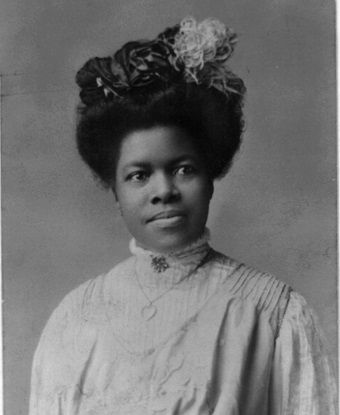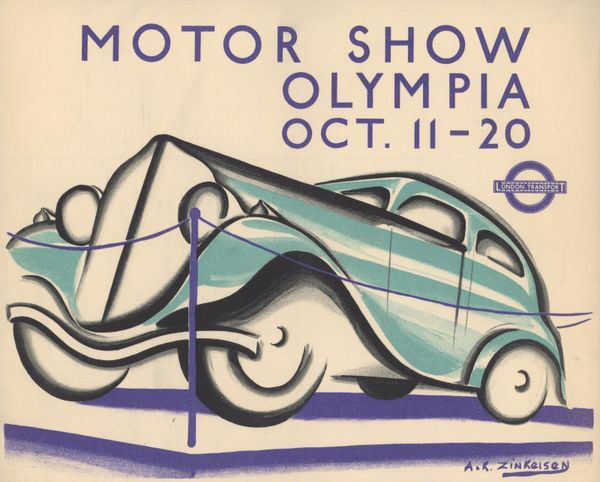Nannie Helen Burroughs
- Editor OGN Daily
- Mar 19, 2021
- 2 min read
A name you probably don't recognise, but she was a remarkable woman. In the 1890s she was denied a teaching job for being ‘too Black,’ so she started her own school and fought tirelessly throughout her 82 years so that Black women of every shade might have the right to an education, fair wages, suffrage - and a place of leadership in the country.

The problem was not her credentials. Nannie Helen Burroughs had graduated with honors from the prestigious M Street High School in the nation’s capital. Nor did being African American disqualify her; the administrators were hiring people of color to teach in the city’s segregated schools. Still, Burroughs’s job application to a D.C. public school was rejected in the 1890s, likely because of the prejudice of colorism - a preference for lighter-skinned staff. Put simply, historians say, the Black people doing the hiring believed her to be “too Black,” reports the Washington Post.
“An idea was struck out of the suffering of that disappointment - that I would some day have a school here in Washington that school politics had nothing to do with, and that would give all sorts of girls a fair chance,” Burroughs would later write. “It came to me like a flash of light, and I knew I was to do that thing when the time came.”
Burroughs decided that if she could not get a job as a teacher, she would start her own school. And that school was only the beginning of a long and illustrious career as an educator, orator, businesswoman, religious leader and activist. She would build or lead nearly a dozen prominent organizations, winning her a place among luminaries of the time, rubbing elbows with Booker T. Washington and later spending time with a young Martin Luther King Jr. Burroughs was so well-known that after she spoke out against President Woodrow Wilson’s inaction on the problem of lynching, the president had her placed under surveillance.
While many today might not know her name, Burroughs fought tirelessly throughout her 82 years so that Black women of every shade might have the right to an education, fair wages, suffrage - and a place of leadership in the country.
A calling fueled her work, according to Kelisha B. Graves, editor of “Nannie Helen Burroughs: A Documentary Portrait of an Early Civil Rights Pioneer.” Graves said that calling was this: “How do I cultivate women to know that they have the capacity to think loudly, and to think boldly, and to contribute to this great project that we call the United States of America?”
Burroughs wanted, as she once said, to “make the world large enough for democracy and too small for race prejudice, discrimination, injustice and hate.”




